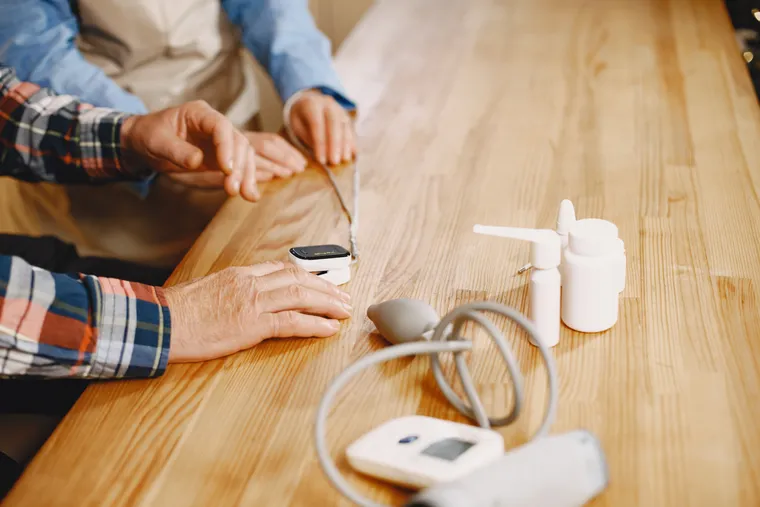By using medical alert systems, seniors can maintain their independence while having the assurance that assistance is always accessible in case of an emergency.
Various options are available in the market for medical alert systems. In-home medical alert systems are designed for use within the confines of a senior's residence. These systems typically include a base unit connected to a landline or cellular network and wearable emergency buttons. The base unit acts as a central communication hub, allowing seniors to call for help from anywhere within their home. In-home medical alert systems are ideal for those who spend most of their time at home and seek reliable coverage within their living space.
Mobile medical alert systems cater to seniors who are often on the go. These systems use cellular networks and GPS technology to provide coverage both at home and outside. Mobile medical alert systems often include wearable devices with built-in communication capabilities, ensuring that help is always within reach, regardless of location. This option is particularly beneficial for active seniors who value their mobility and independence.
Wearable medical alert devices are another option available in the market. These devices come in the form of pendants, bracelets, or watches and are equipped with emergency buttons, fall detection sensors, and GPS tracking. Wearable medical alert devices offer continuous protection and easy access to emergency services. The fall detection feature is especially important, as it can automatically alert caregivers in case of an accident, providing an added layer of safety for seniors.
The importance of medical alert systems for seniors cannot be overstated. These systems play a vital role in enhancing safety by ensuring that seniors can quickly access help in emergencies, such as falls, medical issues, or other accidents. Additionally, medical alert systems contribute to maintaining independence by providing a reliable means of requesting assistance, allowing seniors to live confidently on their own.
When choosing the right medical alert system, there are several factors to consider. The coverage area is an important consideration, as some systems provide coverage within the home, while others offer protection on the go. The specific features offered by the system, such as fall detection, GPS tracking, and two-way communication, should also be evaluated to ensure they meet the senior's needs. Ease of use is another critical factor, as the system should be simple to set up and operate, allowing seniors to feel comfortable using it in case of an emergency. Cost is also a significant consideration, as the price of equipment, monthly monitoring fees, and any additional charges should be compared to select a system that fits within the budget.
In conclusion, medical alert systems for seniors are invaluable tools that enhance safety, independence, and peace of mind. By exploring the various options available and considering the specific needs of loved ones, families can make informed decisions when choosing the best medical alert system.

